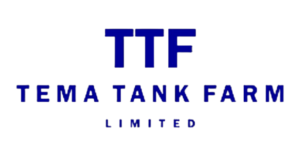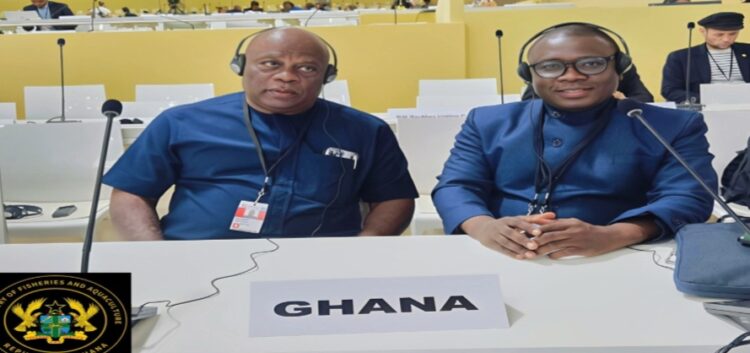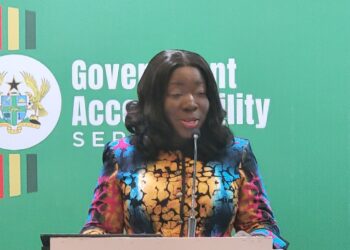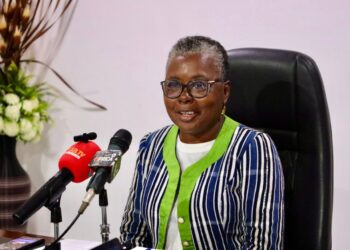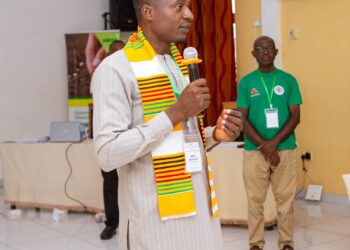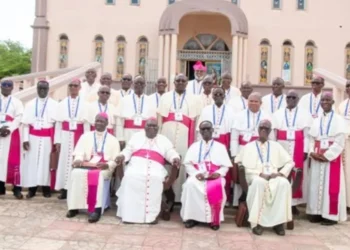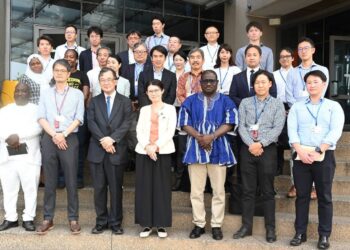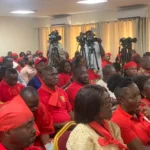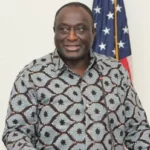Nice, France – June 2025
Ghana reaffirmed its unwavering commitment to the sustainable management and restoration of marine and coastal ecosystems during its participation in the 1st Plenary Session of the United Nations Ocean Conference 2025, currently taking place in Nice, France. The plenary focused on the theme: “Conserving, Sustainably Managing, and Restoring Marine and Coastal Ecosystems, including Deep Sea Ecosystems.”
Ghana was represented on the panel by Prof. Berchie Asiedu, Deputy Executive Director of the Fisheries Commission, and Nana Jojo Solomon, President of the Ghana National Canoe Fishermen Council—two seasoned experts whose work embodies Ghana’s integrated approach to ocean governance.
In its official statement, Ghana highlighted the critical interdependence between healthy marine ecosystems and national priorities such as food security, economic development, and climate resilience. The delegation emphasized that the country’s blue economy is a pillar of sustainable development, especially for the livelihoods of millions of coastal dwellers.
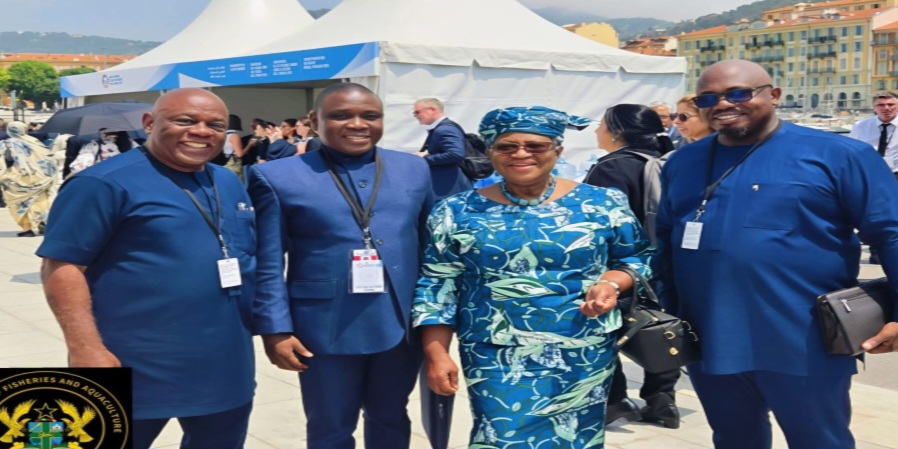
While acknowledging the progress made, Ghana did not shy away from outlining persistent challenges, including overfishing, marine pollution, coastal erosion, and the increasing threats posed by climate change. To address these, the country is implementing a comprehensive set of reforms and actions, including:
• Establishment of Marine Protected Areas (MPAs) to conserve vital marine habitats and biodiversity;
• Enforcement of closed fishing seasons and a canoe entry moratorium to allow fish stocks to recover;
• Strengthening of fisheries governance structures and enhancing community-based management;
• Combatting Illegal, Unreported, and Unregulated (IUU) fishing through stricter enforcement, technology deployment, and regional cooperation;
• Implementation of trawl gear specifications to reduce bycatch and protect juvenile fish populations.
At the multilateral level, Ghana announced its ratification of the World Trade Organization (WTO) Agreement on Fisheries Subsidies—a significant step toward eliminating harmful subsidies that contribute to overfishing and IUU activities. Ghana also reiterated its intention to ratify the High Seas Treaty, which aims to protect biodiversity in areas beyond national jurisdiction.
In a strong appeal to the global community, Ghana called for:
• Increased international financing to support marine and coastal restoration efforts in developing nations;
• Enhanced technology transfer and capacity building to improve ocean science and monitoring;
• Urgent and coordinated global regulation of deep-sea mining, to prevent irreversible ecosystem damage.
“Restoring the health of our oceans is not only an environmental task—it is an economic and social necessity,” the Ghana delegation emphasized. “We must act together, urgently and boldly, to protect our shared ocean heritage.”
Ghana’s active engagement at the UN Ocean Conference reflects the government’s broader commitment to advancing Sustainable Development Goal 14 (Life Below Water) and positioning the country as a regional leader in marine conservation and ocean governance.
source:www.senaradioonline.com
